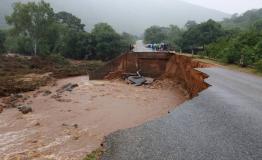![Flooded areas around Pibor. [Photo: Léo Martine/MSF] Flooded areas around Pibor. [Photo: Léo Martine/MSF]](/sites/default/files/styles/card_half/public/msfimages/news/msf291270_medium.jpg?itok=p8pMf0OU)
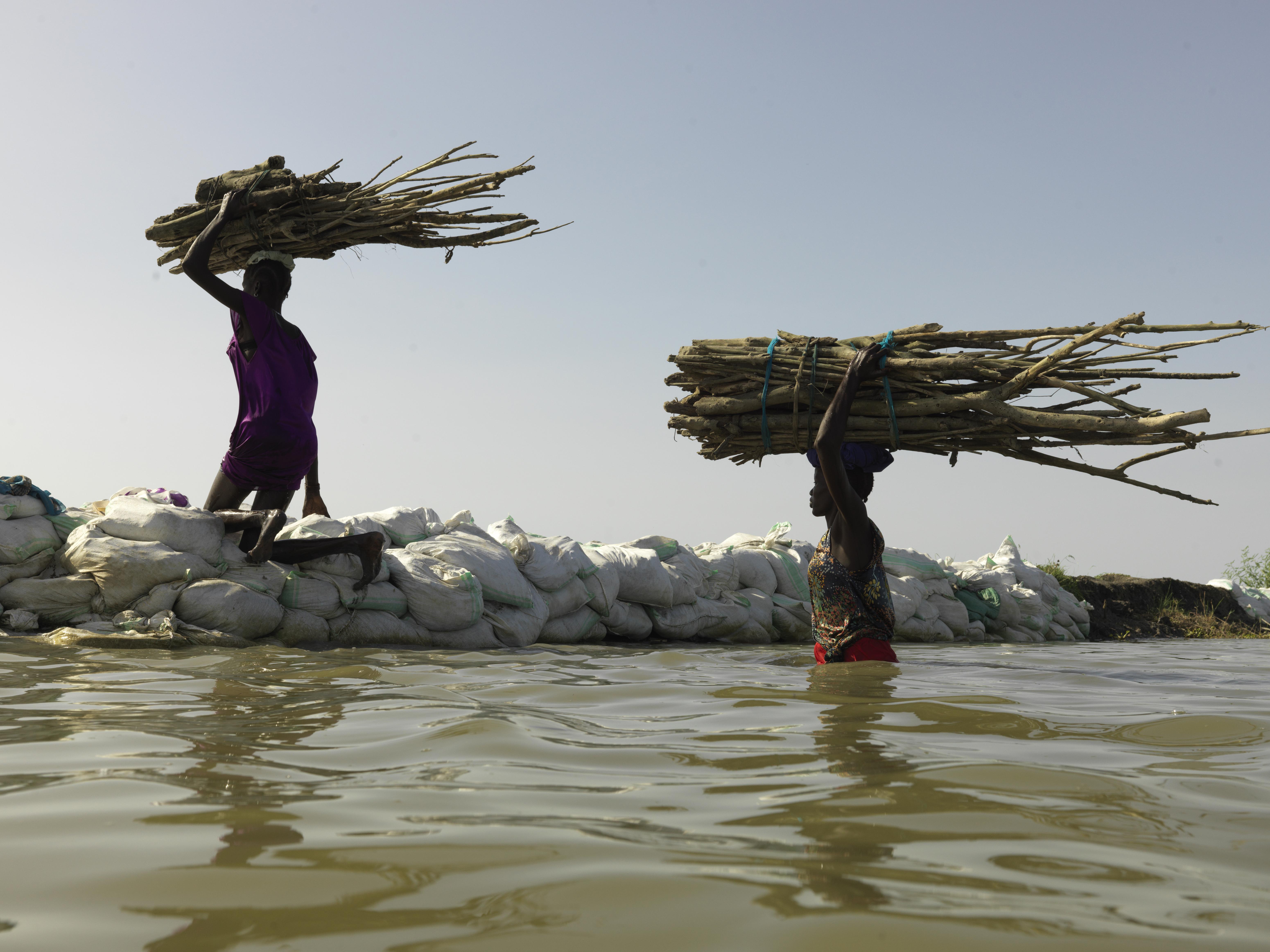
Natural disasters
Within a matter of minutes, natural disasters can affect the lives of tens of thousands of people. Hundreds or even thousands of people can be injured, homes and livelihoods destroyed. Access to clean water, healthcare services and transport can also be disrupted. The impact of each disaster varies greatly and our response must adapt to each situation.
Needs must be quickly identified, but accessing a disaster zone can be complex when roads are cut off. The first responders are people already on-site: community members, local authorities and aid organisations already present.
We keep pre-packaged kits to deploy for rapid relief and life-saving assistance. With projects in over 70 countries, we often have aid workers nearby when a disaster strikes. They can be reinforced with additional teams if a larger response is needed.
![Flooded areas around Pibor. [Photo: Léo Martine/MSF] Flooded areas around Pibor. [Photo: Léo Martine/MSF]](/sites/default/files/styles/card_half/public/msfimages/news/msf291270_medium.jpg?itok=p8pMf0OU)
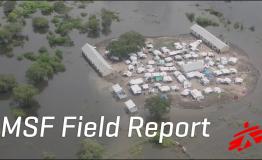
Treating People Amid Flood Disaster in South Sudan
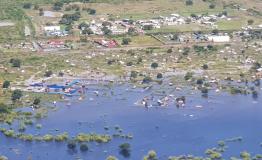
South Sudan: “The only way to move around the hospital now is by boat”
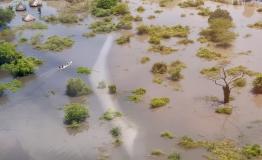
Severe flooding in South Sudan: MSF assessing emergency needs in affected locations
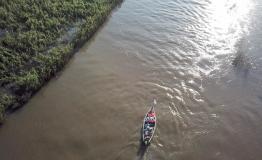
“Beneath the waters, you will find us”
